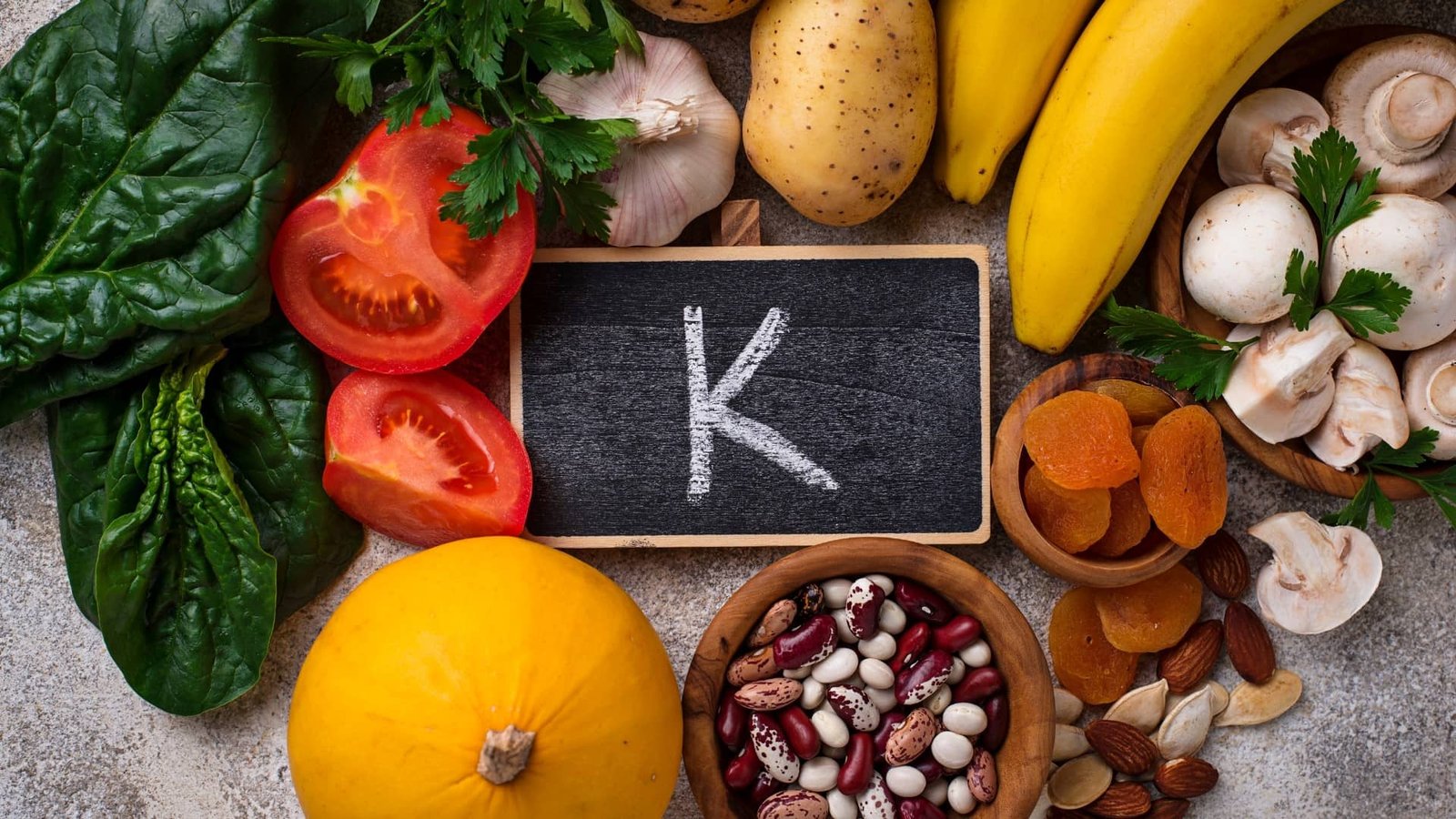How Stress & Diet Secretly Affect Your BP Levels
Blood pressure (BP) is a key indicator of your overall health. It measures the force of blood pushing against your artery walls. When BP levels are too high or too low, it can lead to serious health problems. Many factors influence blood pressure, but two of the most overlooked ones are stress and diet. Stress and diet can quietly influence your BP levels without you noticing. Understand how these factors affect blood pressure, the science behind them, and effective ways to manage both for a healthier heart.
How Stress Affects Blood Pressure
The Fight-or-Flight Response
When you experience stress, your body activates the fight-or-flight response. This releases hormones like adrenaline and cortisol, which cause your heart to beat faster and your blood vessels to constrict. This temporary spike in BP is normal, but chronic stress can lead to long-term high blood pressure (hypertension).

The Link Between Stress and Hypertension
If you are constantly stressed, your body stays in an alert state, keeping your BP elevated for longer periods. Over time, this puts a strain on your arteries, making them stiffer and increasing the risk of heart disease, stroke, and kidney problems. Chronic stress also triggers the release of hormones like adrenaline and cortisol, which can further raise your blood pressure. This constant elevation of BP damages blood vessels, making it harder for the heart to pump blood effectively. Managing stress through relaxation techniques and regular exercise can help reduce the risk of hypertension-related complications.
Stress and Unhealthy Coping Mechanisms
Many people cope with stress in ways that worsen BP levels, such as:
- Overeating junk food (high in salt and fat)
- Drinking too much alcohol
- Smoking
- Skipping exercise
- Not getting enough sleep, these habits can contribute to high BP, making stress even more dangerous.

Hidden Stressors That Affect BP
Stress doesn’t always come from major life events. Everyday stressors like traffic jams, work deadlines, financial worries, and relationship conflicts can also elevate BP over time. These hidden stressors accumulate and impact your overall health, often without you realizing it. Long-term exposure to these pressures increases the strain on your cardiovascular system, keeping your BP elevated for extended periods. Chronic stress triggers the release of hormones like adrenaline and cortisol, further raising blood pressure. This constant elevation damages blood vessels, making it harder for the heart to pump blood effectively. Recognizing the subtle ways stress affects your body and managing it through relaxation techniques or regular exercise can help reduce the risk of hypertension-related complications.
How Diet Affects Blood Pressure
High-Sodium Foods and BP
Salt is one of the biggest dietary culprits behind high BP. Sodium causes the body to retain water, increasing blood volume and putting extra pressure on arteries. Processed foods like chips, canned soups, and fast food contain excessive salt, making BP control difficult. Excessive salt intake leads to fluid retention, raising blood volume and straining the heart, putting you at higher risk for hypertension and other cardiovascular issues. To manage your blood pressure, try cutting back on processed foods and choose fresh, low-sodium alternatives to help maintain a healthy balance.
Too Much Sugar and BP Spikes
Sugar can indirectly raise BP by contributing to obesity and insulin resistance. When you consume too much sugar, especially from sugary drinks, your body stores excess fat, which increases BP. Excess sugar also leads to inflammation, damaging blood vessels and contributing to higher BP. Consuming sugary drinks and snacks regularly may result in weight gain, further increasing the risk of hypertension. Reducing sugar intake can help maintain healthy blood pressure levels and support overall heart health.
Lack of Potassium-Rich Foods
Potassium helps balance sodium levels in the body. If you’re not eating enough potassium-rich foods like bananas, spinach, oranges, and sweet potatoes, your BP may stay elevated. Potassium helps counterbalance the negative effects of sodium, promoting better fluid balance in the body. Without enough potassium, your kidneys may struggle to eliminate excess sodium, leading to higher blood pressure. Increasing potassium intake through natural food sources can help reduce the strain on your cardiovascular system. Make sure to include a variety of potassium-rich foods in your diet to help manage and maintain healthy blood pressure levels.
Unhealthy Fats and Artery Damage
Saturated and trans fats found in fried foods, red meat, and packaged snacks can lead to artery clogging and stiffness, which raises BP over time. These unhealthy fats contribute to plaque buildup in the arteries, making it harder for blood to flow smoothly. As a result, your heart has to work harder, increasing your risk of hypertension and cardiovascular diseases. To protect your arteries and maintain a healthy blood pressure, limit your intake of these unhealthy fats and opt for healthier fat sources, like unsaturated fats from olive oil, nuts, and avocados.
Alcohol and BP Levels
Excessive alcohol consumption can raise BP levels by affecting the nervous system and increasing heart rate. Drinking more than the recommended limits (one drink per day for women, two for men) can cause BP problems. Long-term heavy drinking can damage the heart and blood vessels, leading to chronic hypertension. To maintain healthy blood pressure, it’s essential to drink in moderation or avoid alcohol altogether. Additionally, excessive alcohol intake increases the risk of other health complications, such as liver disease and stroke, further affecting overall cardiovascular health.
How to Manage Stress for Better BP Control
Practice Relaxation Techniques
Try deep breathing, meditation, or yoga to reduce stress and lower BP naturally. These methods help calm your nervous system and improve heart health. Regular practice can also increase mindfulness, which aids in managing daily stress more effectively. By incorporating these techniques into your daily routine, you can promote a sense of calm and maintain healthier blood pressure levels over time. Practicing relaxation techniques not only helps with stress reduction but also improves overall well-being, making it a powerful tool in managing your BP and promoting long-term cardiovascular health.
Exercise Regularly
Physical activity releases endorphins (natural mood boosters) and lowers stress hormones, helping to maintain a healthy BP level. Aim for 30 minutes of moderate exercise at least five days a week. Regular physical activity not only helps manage stress but also improves cardiovascular health by strengthening the heart. Exercise helps maintain a healthy weight, which plays a crucial role in controlling blood pressure. Whether it’s walking, jogging, cycling, or swimming, incorporating 30 minutes of moderate exercise into your routine can lead to long-term benefits for both your body and mind.
Improve Sleep Quality
Lack of sleep increases stress and raises BP. Try to get 7-9 hours of quality sleep every night. Avoid screens before bedtime and create a relaxing sleep environment. Establish a consistent sleep routine to help regulate your body’s internal clock, making it easier to fall asleep and stay asleep. Reducing caffeine intake in the evening can also improve your sleep quality. Prioritize restful sleep as a key component of maintaining healthy blood pressure, as quality sleep helps your body recover, reduces stress, and supports overall cardiovascular health.
Manage Time and Responsibilities
Poor time management can lead to stress. Plan your day, set priorities, and take short breaks to reduce daily pressure. Organizing tasks effectively can help you stay focused and avoid feeling overwhelmed. Learn to delegate responsibilities when possible and avoid procrastination, which only adds unnecessary pressure. Setting clear goals and using tools like calendars or task lists can keep you on track and reduce anxiety. Managing your time efficiently helps create a balanced routine, ultimately supporting both your mental well-being and physical health. By taking control of your time, you can reduce stress and improve your overall quality of life.
Build a Strong Support System
Talking to family and friends can help manage stress. If needed, seek professional counseling or therapy.
How to Improve Your Diet for Healthy BP
Reduce Salt Intake
- Avoid processed and fast foods
- Cook meals at home using fresh ingredients
- Use herbs and spices instead of salt for flavor
Eat More Potassium-Rich Foods
- Include bananas, avocados, oranges, and leafy greens in your diet
- Potassium helps counteract the effects of sodium on BP
Cut Back on Sugary Foods
- Replace sodas and sugary snacks with fresh fruits
- Choose whole grains over processed carbs
Increase Healthy Fats
- Eat more nuts, seeds, olive oil, and fatty fish (like salmon)
- Avoid fried foods and trans fats
Stress and diet play a silent but powerful role in controlling BP. Chronic stress leads to long-term hypertension, while an unhealthy diet filled with salt, sugar, and unhealthy fats makes BP management even harder. However, by making simple lifestyle changes such as reducing stress, eating a balanced diet, and exercising regularly, you can take charge of your BP levels and improve your overall health.














.svg)
.svg)



